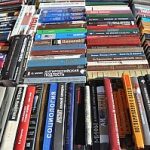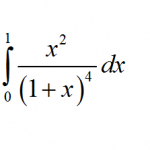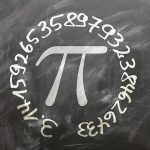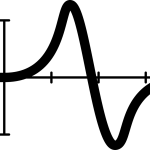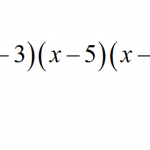Today there is a blurring of boundaries across all domains of life, such as in the distinction between the public and the private spheres; the nature of friendship and loyalty given the increasing importance of virtual communities; and whether or not previous models of social and physical interaction work anymore in a reality where the digital can seem more real, sometimes, than physical reality. It is also becoming less and less clear how teachers should teach such concepts so that students are prepared for school, work, and life.
For students, while there are increasingly more ways in which they can learn, questions exist as to how they should learn. For example, is any and all learning valid, regardless of the way in which that learning and knowledge is acquired? And, what are the most efficient and appropriate ways of developing and verifying knowledge and skills when these are gained outside of credentialing educational institutions?
These questions are pushing institutions, parents, and students, to grapple with the reality that learning how to learn is as important, if not more so, than the learning itself. In this evolving knowledge-based ecosystem, mathematics has a special place, as competency with mathematical concepts and applications is increasingly a fundamental requirement for utilization of the tools with which we are making up our modern reality.
The Current Digital Reality
In a connected physical-digital reality complete with its own unique characteristics in human relationships, the distinctions between home-based and school-based learning may be becoming less relevant. Whereas society has, in many places, reached a peak of credentialism, in which the value placed on the documentation of study may supersede the value placed on the knowledge and skills gained through that study, the tide may be turning again towards a competency-based paradigm.
One aspect of this paradigm is the increasing awareness that complex arrays of real and practicable skills are needed to address the growing complexity of human and environmental problems. Math, which forms a pillar of engineering, could be considered a basic tenet of the ability to solve these problems, but it it is far from enough. The problem of environmental contamination with waste, for example, requires multiple skill sets from a variety of domains across the social and physical sciences to address the technical aspects alone.
Additionally, skill sets drawing from the humanities are also required to transmit information, educate the public, and develop effective and convincing communicative mechanisms through which human behavior can be altered in order to combat impending environmental problems.
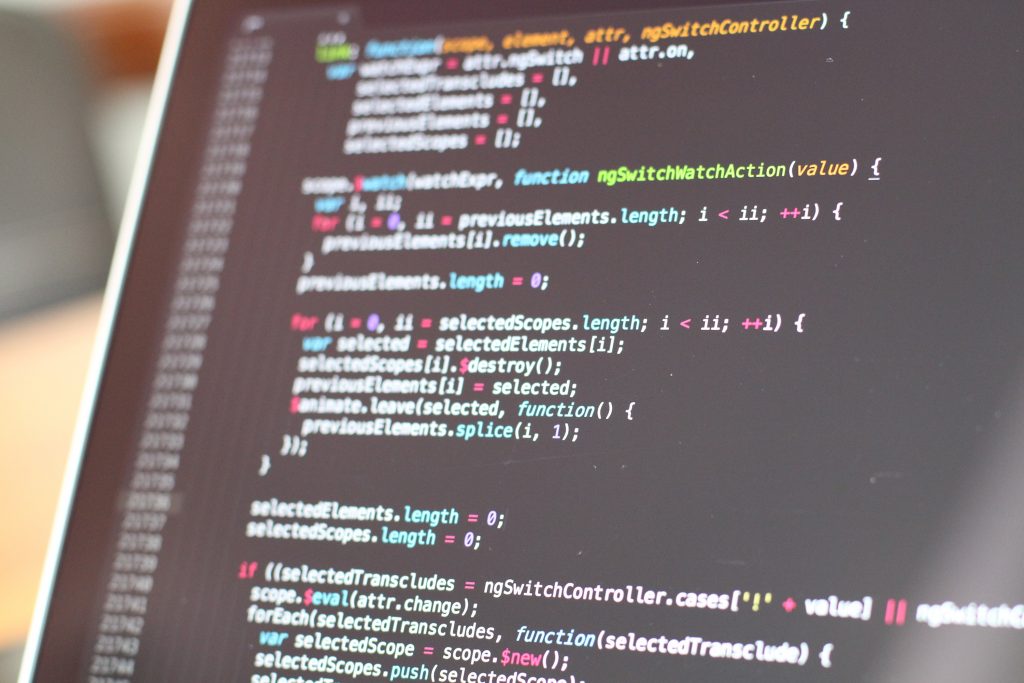
Mathematical reasoning, in turn, is necessary among professionals and the public in order to understand increasing flows of quantitative data that is necessary to make decisions as an informed citizen. The skill sets required no longer fit neatly into any specific educational or university degree path for which there are established curricula.
Another facet of modern knowledge processes is that, in many cases, skill sets become obsolete rapidly, making it impossible for institutions to adjust their curricula fast enough to meet real world demands. Moreover, there is a mandate for constant innovation and evolution of those knowledges and skills, as new needs and demands often emerge at such a fast rate that they simply require the ability to innovate and learn, constantly.
Obsoleteness the Traditional Career PathsFaced with the impending obsoleteness of many traditional career paths, the value of autodidactic, self-directed learning has come to the forefront as a tool for forming competent and effective professionals. The digital domain is the area where people can best access tools for this type of learning. In addition to the classroom model of learning, a plethora of open access and free websites abound across the World Wide Web. Free online help for math , physics, and other quantitative disciplines that are also commonly students 'most challenging subjects are ubiquitous.
Access to huge pools of potential writing coaches, editors, and online meetup groups for language learning as well as online learning apps make it easy to learn at least the basics in most of the world’s major languages, as well as for non-native speakers and those challenged by writing to access higher degree paths, since they can obtain the necessary help.
Free math help, math blogs, as well as paid sites, are a facet of these new literacies that makes it possible for individuals to be continuously faced with new material and information that supports and accelerates learning. Thus the blurring of boundaries is an intrinsic characteristic of the modern world. In order to succeed as teachers, students, and as professionals, it is necessary to have an open mind to the opportunities that exist in the form of digital and open access tools. For math-based subjects, teachers should embrace the variety of free and open-access options for math help that exist in digital form, which they can use in their classrooms as a valid part of their instruction. In this sense, teachers are also learners, as the New Literacies require lifelong learning and adaptation. Students and others should also realize that they must be auto-didactic learners, and for this they must become aware of, and utilize, the resources available to them for continuous learning.
In case you have any suggestion, or if you would like to report a broken solver/calculator, please do not hesitate to contact us .



